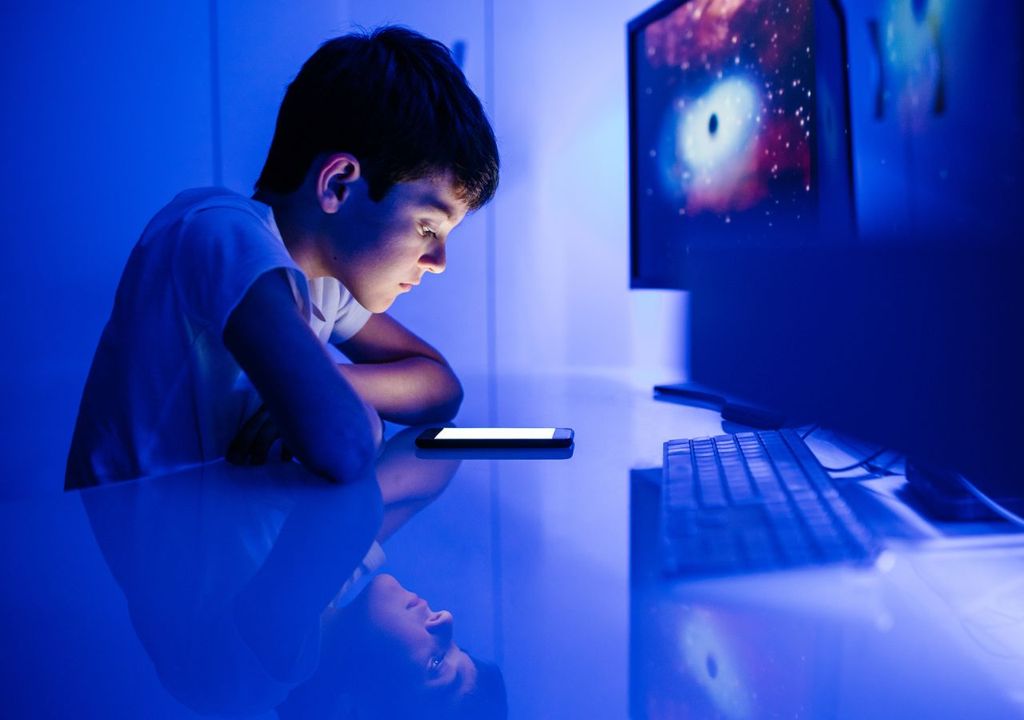Shedding light on blue light: Fresh research reveals how your gadget screens might be affecting your sleep and health
Shedding light on blue light: New research reveals how your device screens could be affecting your sleep and health.

Have you ever worried that staring at your phone or computer screen for too long might be bad for you? It has long been reported that too much blue light from digital screens, especially late at night, may not be good for our sleep. However, new findings have shed some light on the potential long-term effects of regular exposure.
Blue light is part of what experts call short wavelength light (SWL) and there has been a lot of debate about whether it interferes with our biological clock and whether that could lead to health problems. In fact, scientists have been mulling over the effects of “blue light” from our devices for some time. Well, the International Commission on Non-Ionising Radiation Protection (ICNIRP) has been delving into this topic and shared its latest findings in the April issue of the journal Health Physics.
The commission found that it could not only keep you awake, but alter your levels of melatonin (that's the hormone that helps you sleep), and even worsen the quality of your sleep and the duration of your sleep over time. If that's true, it could lead to some not-so-serious health problems down the road.
"Circadian disturbances, including decreased melatonin levels, have been suggested to play an important role in the development of chronic diseases and conditions such as cancer," the study states.
However, the research is not exactly clear. According to ICNIRP, some studies show that SWL might affect your alertness or sleep, while others don't find much evidence of this.
So what's causing the confusion? It seems to come down to how different each study is in terms of the light used, how people react based on their age, gender, or previous exposure to light, and even when they are exposed to light.
Long-term SWL exposure: what are the effects?
The long-term effects of SWL exposure are also a mystery. There is a lot of evidence to suggest that not getting enough sleep can lead to problems such as thinking problems, mood problems, and even chronic diseases like cancer. Much of this comes from observing shift workers whose days and nights change. But ICNIRP notes that we need more direct research into SWL exposure to really understand what's going on.
Therefore, the commission is calling for more studies to fill in these blanks, so we can determine if we need to start setting some rules about how much screen time is too much. Stay tuned, because it looks like there's a lot more to come on what we know about how our tech habits can affect our health.
Do you want to know more about the findings? Read the full ICNIRP statement on SWL exposure and how we can minimise it on the Wolters Kluwer website, a resource about using evidence and technology to help us make better health decisions.








